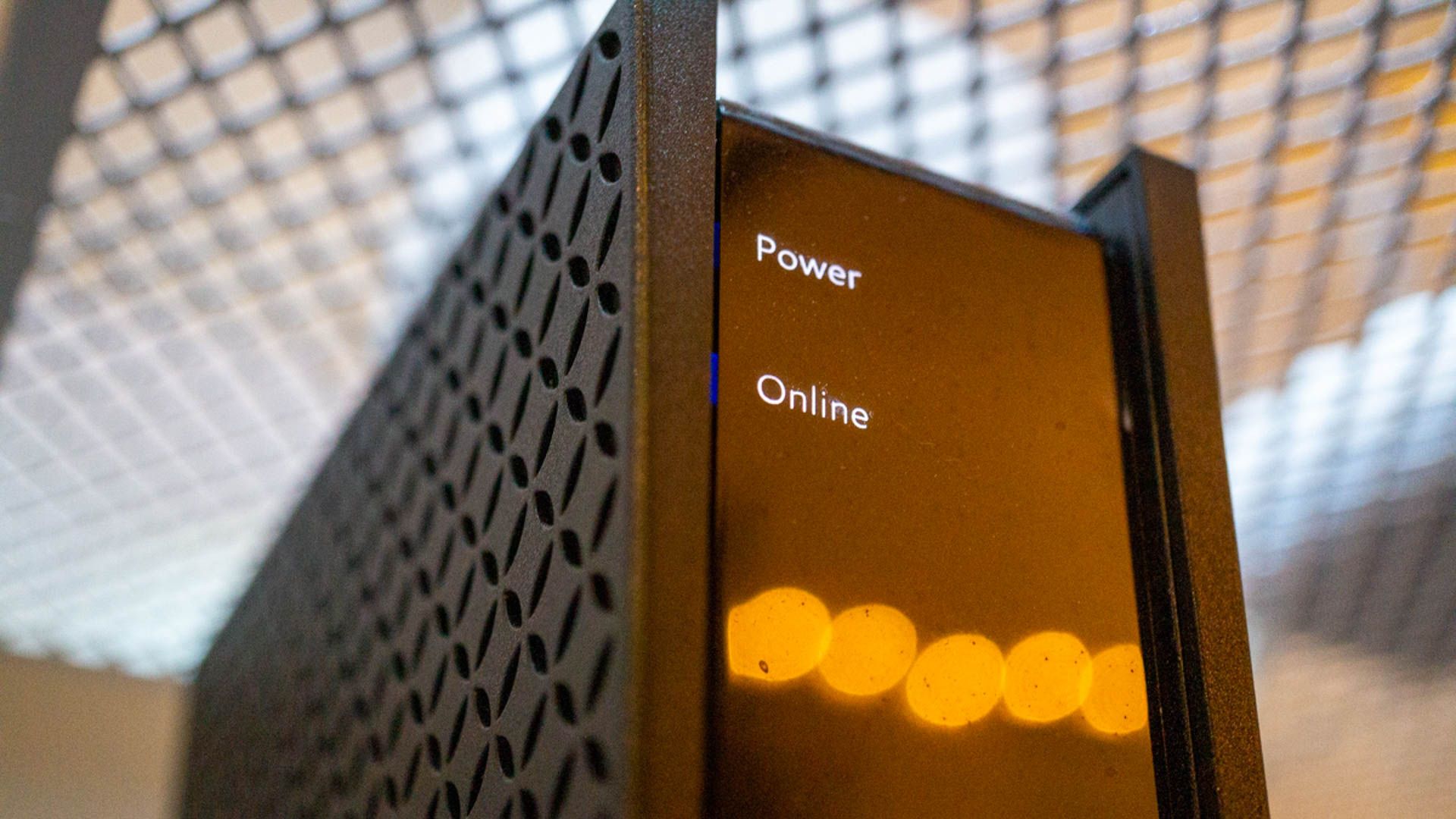
The COVID-19 pandemic upended the economy and made it harder for many people to pay bills, leading the U.S. government to roll out a series of federal subsidies that allowed providers to offer cheap service, called the Affordable Connectivity Program. However, funding has officially run out on that, after Congress declined to give the program more funds.
Today is the last day of the Affordable Connectivity Program, as funding is set to run out today, May 31st. That means that starting on June 1st, the program will be a thing of the past. The program offered $30 per month to low-income households for broadband access, and was instrumental in connecting 23 million households across the US to high-speed internet during a time when it was crucial for work and school. Discounts were already slashed down to $14 from $30 for the month of May, but now, they’re going away entirely.
Despite warnings from the Federal Communications Commission and industry leaders, Congress failed to secure additional funding for the program, leaving millions at risk of losing their internet connections. President Biden has urged Congress to extend funding for the ACP and provide $6 billion to continue the program. FCC Chair Jessica Rosenworcel has expressed concern over the program’s end, highlighting a survey that showed 77% of ACP households would be negatively impacted by the program’s termination. She remains hopeful that bipartisan efforts to secure funding will succeed and the FCC can resume the ACP.
Thankfully, in the meantime, several internet service providers have stepped up to offer temporary relief to eligible households by providing plans for $30 or less through the end of the year. Companies that have stepped up include AT&T, Verizon, Spectrum, and Comcast. For example, Comcast just rolled out NOW brand prepaid Internet and Mobile services nationwide, and the Access from AT&T plan is specifically aimed at low-income customers.
While many internet service providers are keeping the low prices going for the time being, it’s not clear how long companies will keep those programs going.

